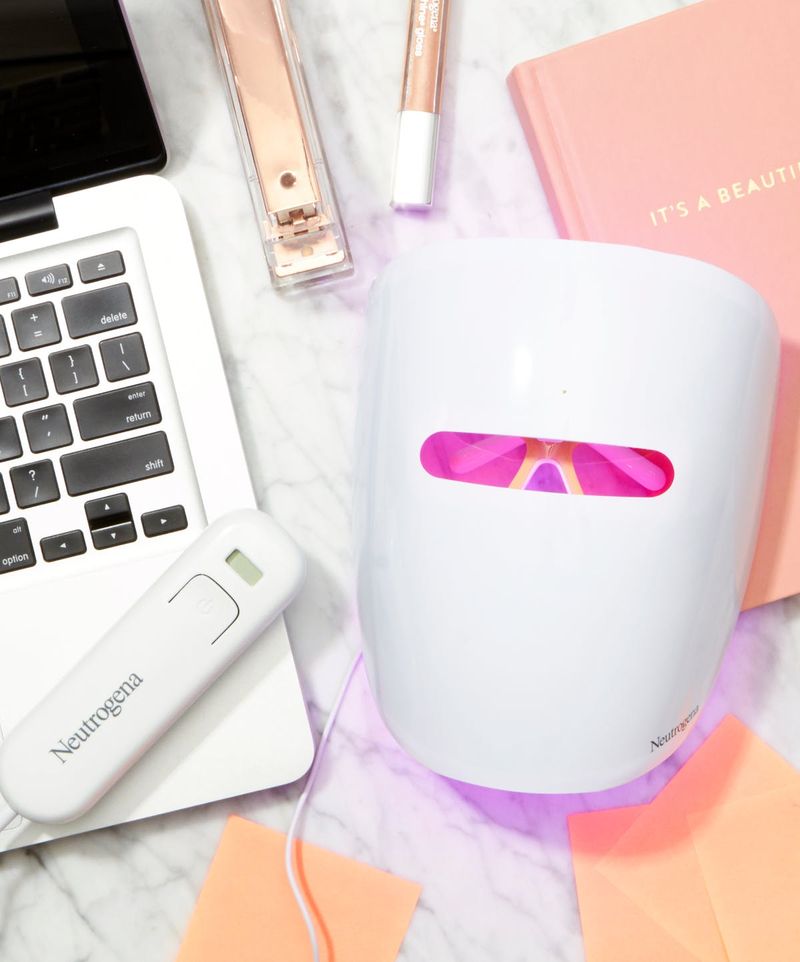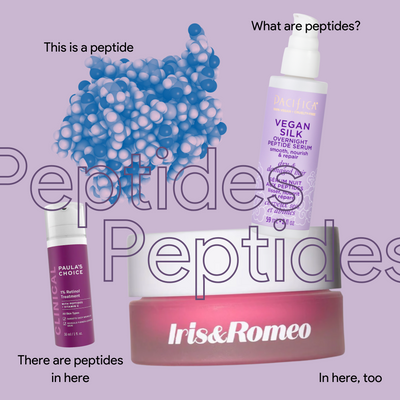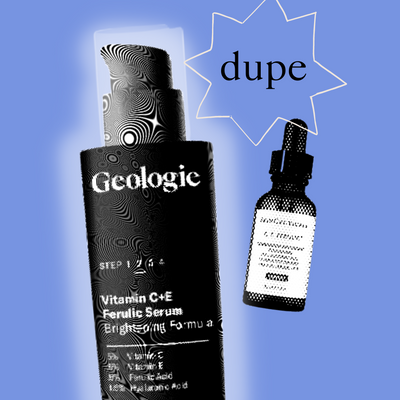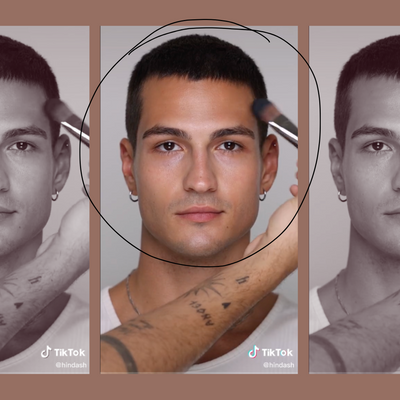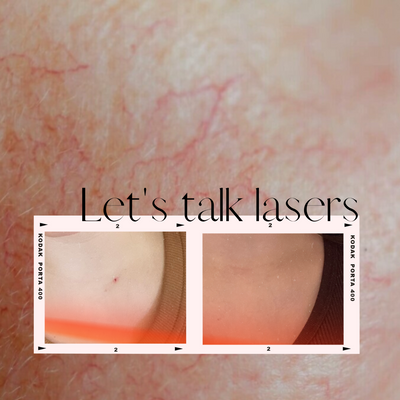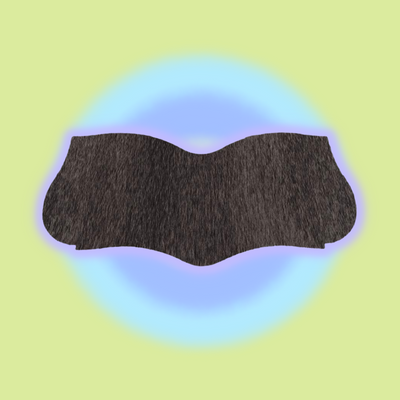In July, Neutrogena recalled its popular Red & Blue Light Therapy Acne Mask over safety concerns.
According to its website, Neutrogena’s decision to discontinue its masks was out of “an abundance of caution.” Uh oh. The company went on to explain that “for a small subset of the population with certain underlying eye conditions, as well as for users taking medications which could enhance ocular photosensitivity, there is a theoretical risk of eye injury.”
SEE ALSO: I tested out blue light blocking glasses for my iPhone addiction
The popular Instagram-friendly device emitted both red and blue LED lights to kill bacteria while reducing inflammation – two big factors for breakouts. And the results for the mask were fairly positive, with most users seeing a reduction of acne in their day to days. I even tried the mask for a couple of weeks and felt my skin was smoother with less blemishes.
So is the acne mask in question truly dangerous to our eyes and bodies? Do we all have to worry about our opticular health? And what if we used Neutrogena’s mask in the past, are we doomed?
According to Dr. Richardson, optometrist at Zak, we don’t have to panic just yet. “It appears the light therapy mask uses diffused light, which isn’t as damaging as focused laser beams,” she tells Very Good Light. But that doesn’t mean that it’s completely safe, either. Dr. Richardson says because Neutrogena hasn’t disclosed the exact wavelength, its longterm effects are unknown.
She does compare the blue light to digital devices like your iPhone, which emits a small amount of light. “It’s too early to understand the full scope of adverse possible outcomes associated with excessive exposure to blue light,” she tells us. But there are adverse outcomes of too much exposure. These include: cataract formation, age-related macular degeneration, and digital eye strain among other eye condition. It also affects our circadian rhythms.
“Blue light exposure after dark mimics sunlight causing a decrease in melatonin production which results in insomnia and or difficulty sleeping,” she says. “Research shows that poor or insufficient sleep increases the risk for health conditions like obesity, diabetes, cardiovascular disease, ADHD, anxiety, and depression.”
Though studies are limited, one from Australia notes how there too much exposure to blue light can lead to eye pain, discomfort, irritation, tearing, or worse even blinding. “More seriously, patients with congenital eye conditions like retinitis pigmentosa and ocular albinism could potentially experience accelerated peripheral vision loss and varying degrees of irreversible retinal damage” Yikes.
What can you do to prevent this? “Wearing sunglasses outside will protect from harmful ultraviolet rays,” Dr. Richardson says. Indoors, wearing glasses with blue light filtering technology can reduce your exposure to harmful blue light.” (For that, you can read our experience with blue light blocking glasses here).
If that isn’t proactive enough, you can also eat your greens for better eyes as well. Eating a diet full of dark, leafy greens is important because of lutein, a powerful antioxidant. “It’s found in our eyes and helps protect our eye from ultraviolet and blue light damage.”
Moral of the story, eat your greens, wear your shades, and seriously, block out those blue rays!

